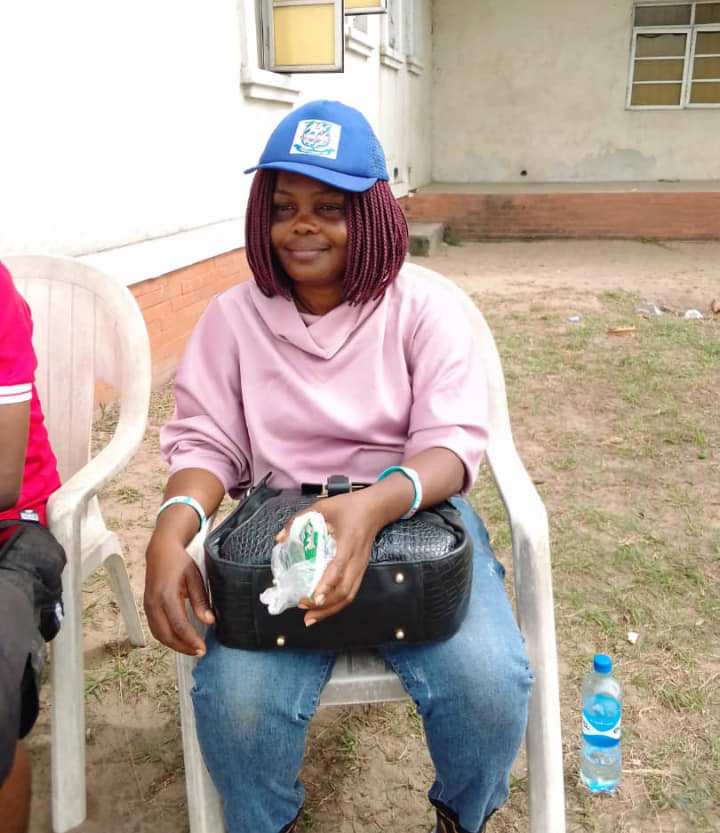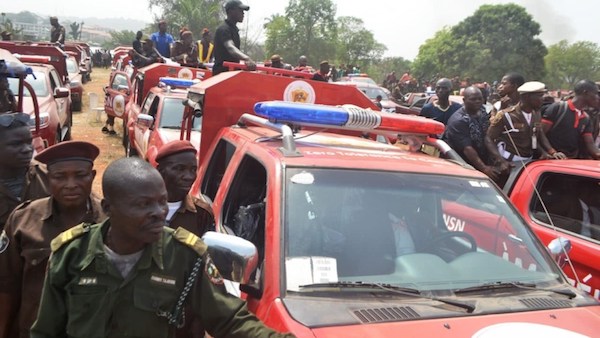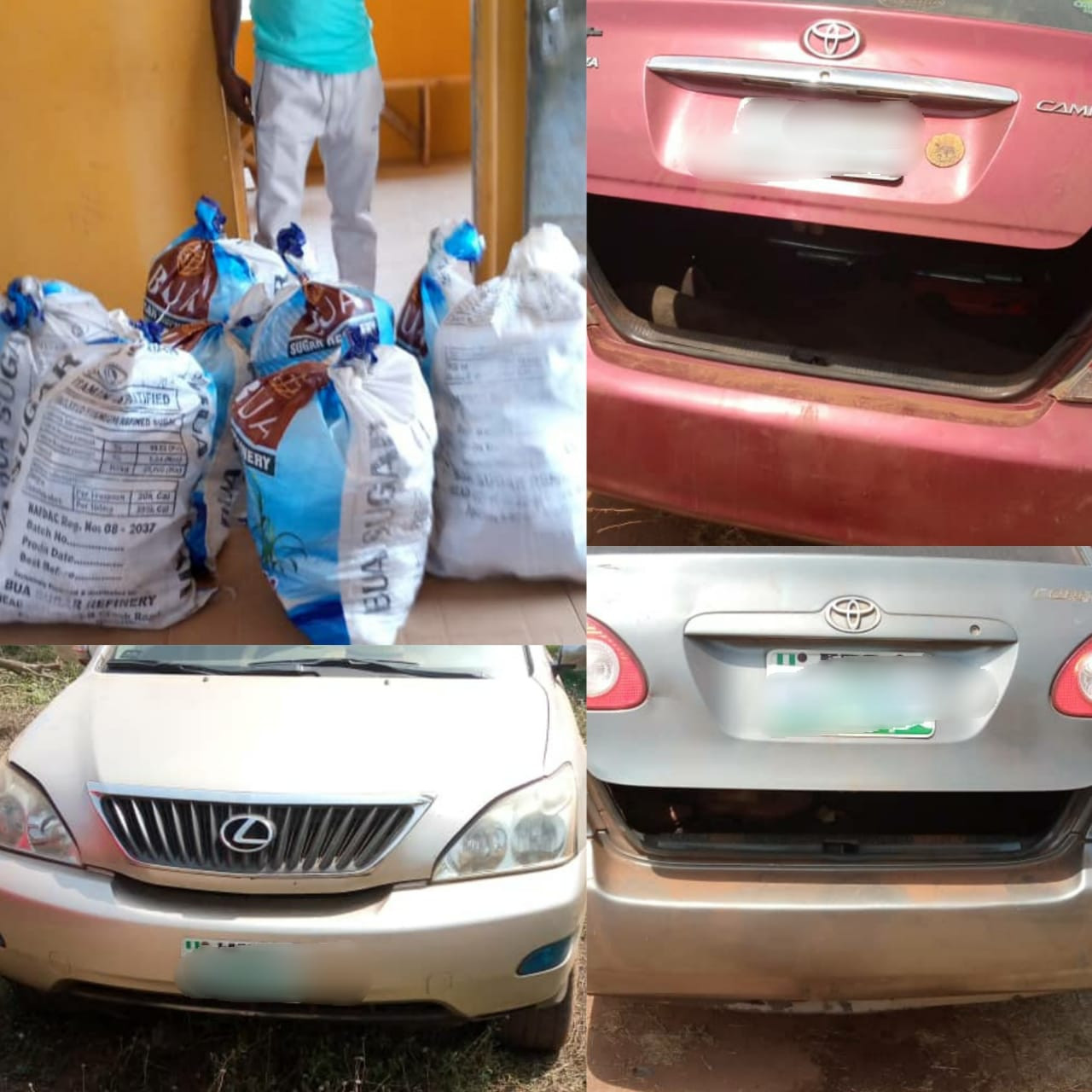News
Edo’s anti-grazing law’ll resolve farmer, herders’ conflict, enhance security — Obaseki
BENIN—Governor Godwin Obaseki of Edo State has said his government had signed the anti grazing law to tackle farmer/herders’ clashes and ensure peace and security across communities in the state.

The governor disclosed this, weekend, at the Edo Central Security Council meeting in Irrua, the administrative headquarters of Esan Central LGA of the state.
He said: “I am pleased to inform you that the Edo State government now has a law which prohibits open grazing in Edo State. The bill has been signed into law by me. It was signed on May 27, and the objectives of the law are as follows:
“The law prohibits open grazing of cattle and other livestock in the state and creates designated ranching areas for the rearing and grazing of cattle and other animals in the state. It will control and regulate the grazing and rearing of cattle and other livestock in designated ranching areas of Edo State.
“It is aims to eliminate the conflict between nomadic cattle herders and their agents and the local breeders and owners, communities, farmers and private individuals and institutions. It will eliminate land degradation, air and water pollution, loss of biodiversity, deforestation and other menaces arising from open grazing.
“It will create conducive environment for large-scale crop production. It will promote modern techniques of animal husbandry through the creation of ranching areas. It will promote jobs and investment opportunities in cattle and other livestock farming.
“The law will prevent the destruction of crops, it will ensure the control and management of diseases and enhance healthy breeding of cattle and other livestock animals. It will promote international best practices in dairy and beef production. It will reduce the incidents of road accidents caused by open grazing and grazing of livestock.
“It will promote and enhance high and healthier breed of livestock and ensure security in ranching areas and ensure good relationships between herders of cattle and local communities and individuals, and address the security challenges associated with open grazing in Edo State.”
Disclosing plans to set up a cattle and livestock committee to facilitate the implementation of the law, Obaseki said: “There will be a cattle and livestock committee, which will be chaired by a retired senior security officer not below the rank of a major or its equivalent in any of the forces. It will have a representative of the governor on security matters. The committee will also have the state chairman of the vigilante groups and three representatives of the vigilante group, one from each senatorial district.
“It will have a representative of the Commissioner of Police, Department of State Services, civil defence, Nigeria Legion, and the secretary will be in a rank of a chief state council.
“The Managing Director of EdoGIS will be on the committee, one representative of each of the traditional rulers from three senatorial districts will be on the committee, two representatives of registered cattle or other livestock farmers associations will be on the committee, while three community youths selected from the three senatorial areas of the state will be on the committee.
“This committee will have a lot of powers to set the rules for anybody who wants to be involved in livestock business in the state and also impose required fines. So, it is now a crime for anybody to just allow their cattle or animals to roam without control. And before the end of August, the committee will be constituted and inaugurated,” he added.
The governor urged the traditional rulers in Esanland to identify all the black spots and report same to the appropriate authorities for follow-up, adding, “Nobody can come to your house and stay without your permission and knowledge. Is it possible? If you find a person you didn’t permit to stay there and you want to remove the person and you can’t, that’s when you need support from outside to help you do it.
“However, we want to know who they are. Are they people of good character? Do you know them? If they do anything outside, are you going to be responsible for their actions?” he queried





